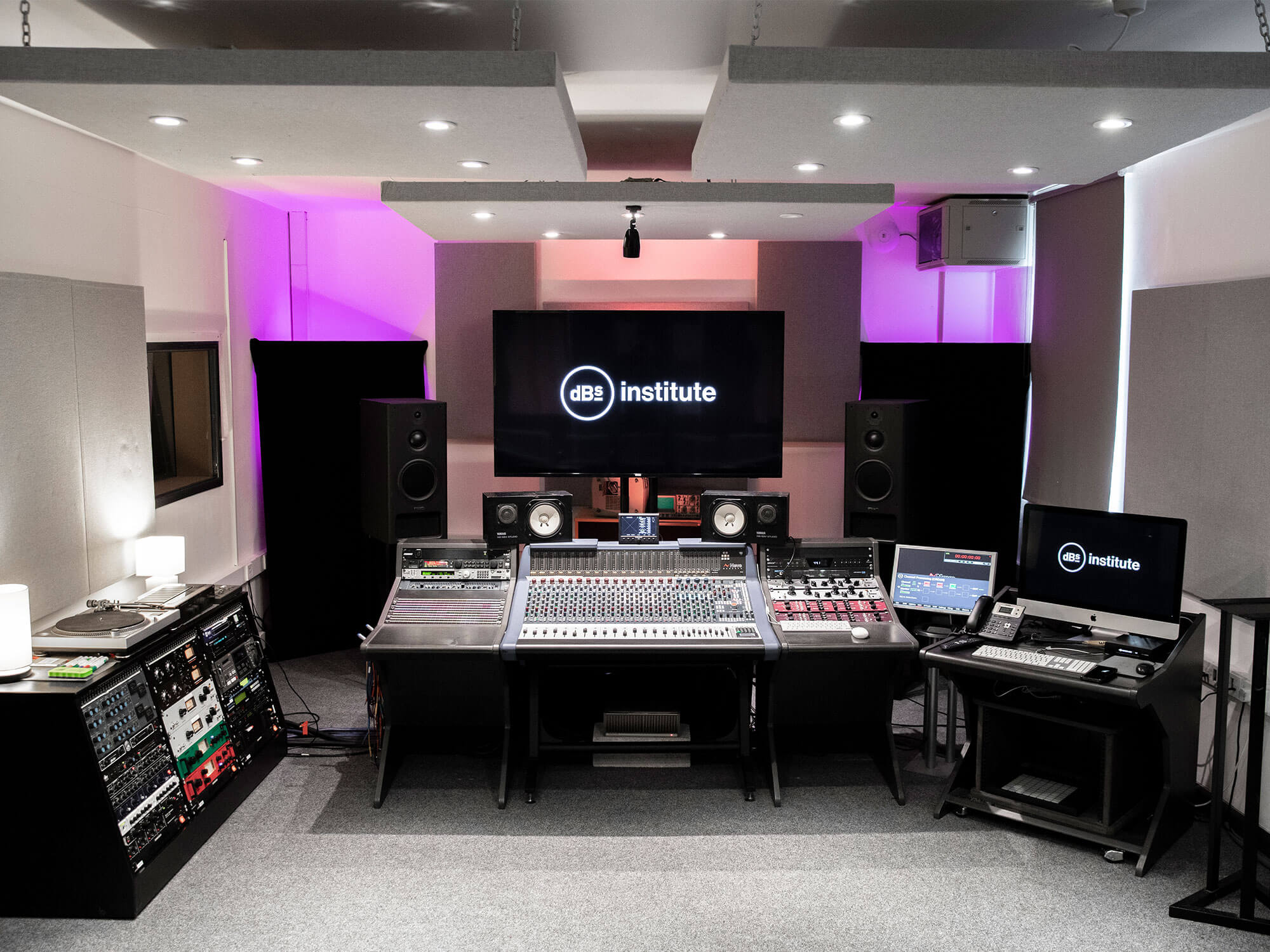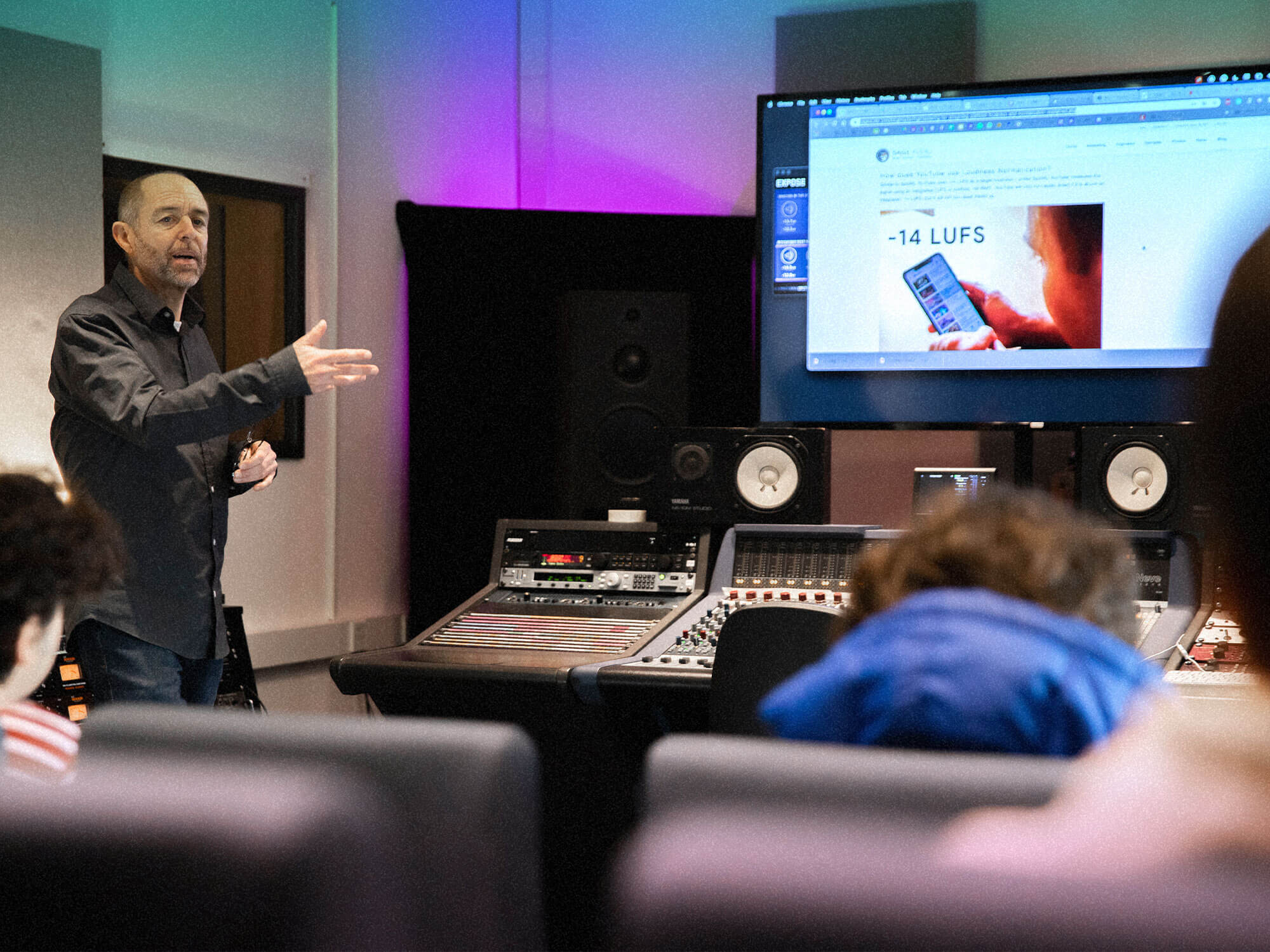
Music career advice from the pros: dBs Institute’s Pete Day on networking, DAWs, and being persistent
Considering a job in music? A leading lecturer offers advice, from working with people and creating connections to discovering your passion
Image: dBs Institute
In partnership with dBs Institute.
Music industry jobs often seem unattainable – doing what you love and making a living from it? Blasphemy! But a career in music doesn’t have to be a pipe dream. You might look at young producers and think they’ve arrived out of thin air, with a MacBook in one hand and a Grammy in the other. The truth is that most producers, engineers, and recording artists – are successful because of years of hard work and seeking out advice from the right people.
dBs Institute of Sound and Digital Technologies is a higher education institute based in Bristol, Manchester and Plymouth in the UK and online. It offers degree-level courses in music, audio and digital tech specialisms including Electronic Music Production. And it’s not just limited to making beats – students have gone on to discover their passions and become game audio designers, foley artists, record label owners, music manufacturers, DJs, and podcast engineers – the opportunities are vast.
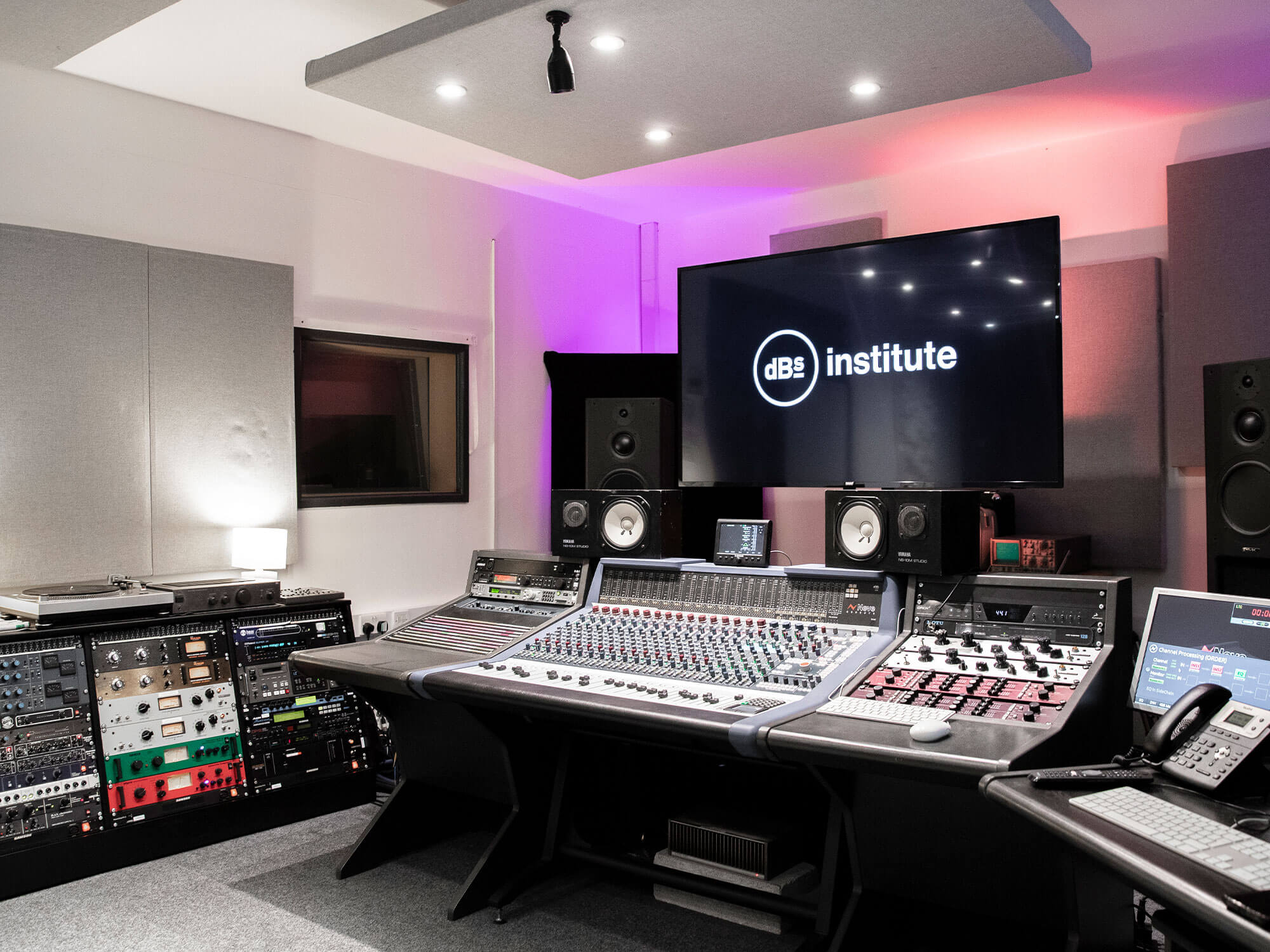
We speak to dBs Institute’s Pete Day, the BA (Hons) Production and Sound Engineering course leader at Plymouth’s campus, about his role at the institute and the advice he would give to anyone considering a career in music. So, if you’re sat at home twiddling your thumbs, pondering your next step, read on.
Hi, Pete. What were you doing before you taught at dBs?
My early career started washing cars at PWL studios in London. I progressed up the ranks to become Stock Aitken Waterman’s chief engineer three years later, taking over from the wonderful Karen Hewitt. The role was solely working on their material such as Kylie Minogue, Jason Donovan and Bananarama to name but a few.
I continued as Mike Stocks’s engineer and helped set up the studios at 100 Union Street. Matt Aitken rejoined once the studio was up and running. We continued to have hits with Robson and Jerome, Kicky French, Jocelyn Brown and Kym Mazelle. After that, there were a few production companies including Point 4 Music where I and three colleagues wrote, produced and mixed two top 10 hits for Lisa Scott-Lee of which I was really proud.
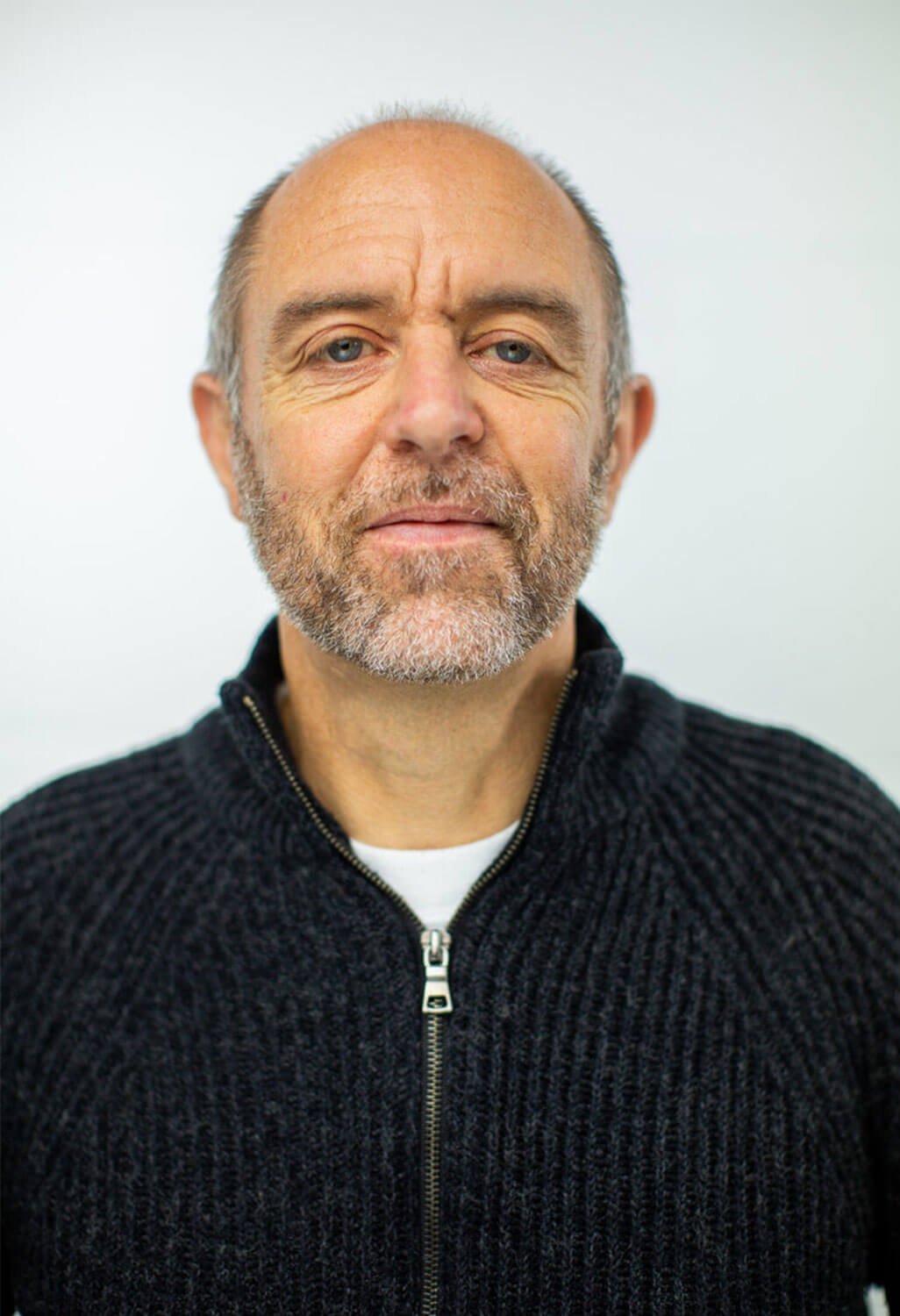
What does dBs Institute offer its students?
The close-knit higher education team is exceptional, each with decades of real experience in the industry with high-end equipment and studios that you would expect to see in the industry.
Students always come back from our annual trips to Peter Gabriel’s Real World Studios saying “But that’s exactly how we do it at dBs!” which is pleasing and amusing to hear.
How do you help students realise their specialist areas of expertise?
Where I teach at Plymouth, the cohorts are small, allowing a personal experience for the learners. As we’ve all had to adapt over the years, we’ve pretty much encountered everything from running our own studios, labels and publishing to putting on events and getting out there to make contacts. Using this first-hand experience, we can guide the students into pretty much any area of the music business.
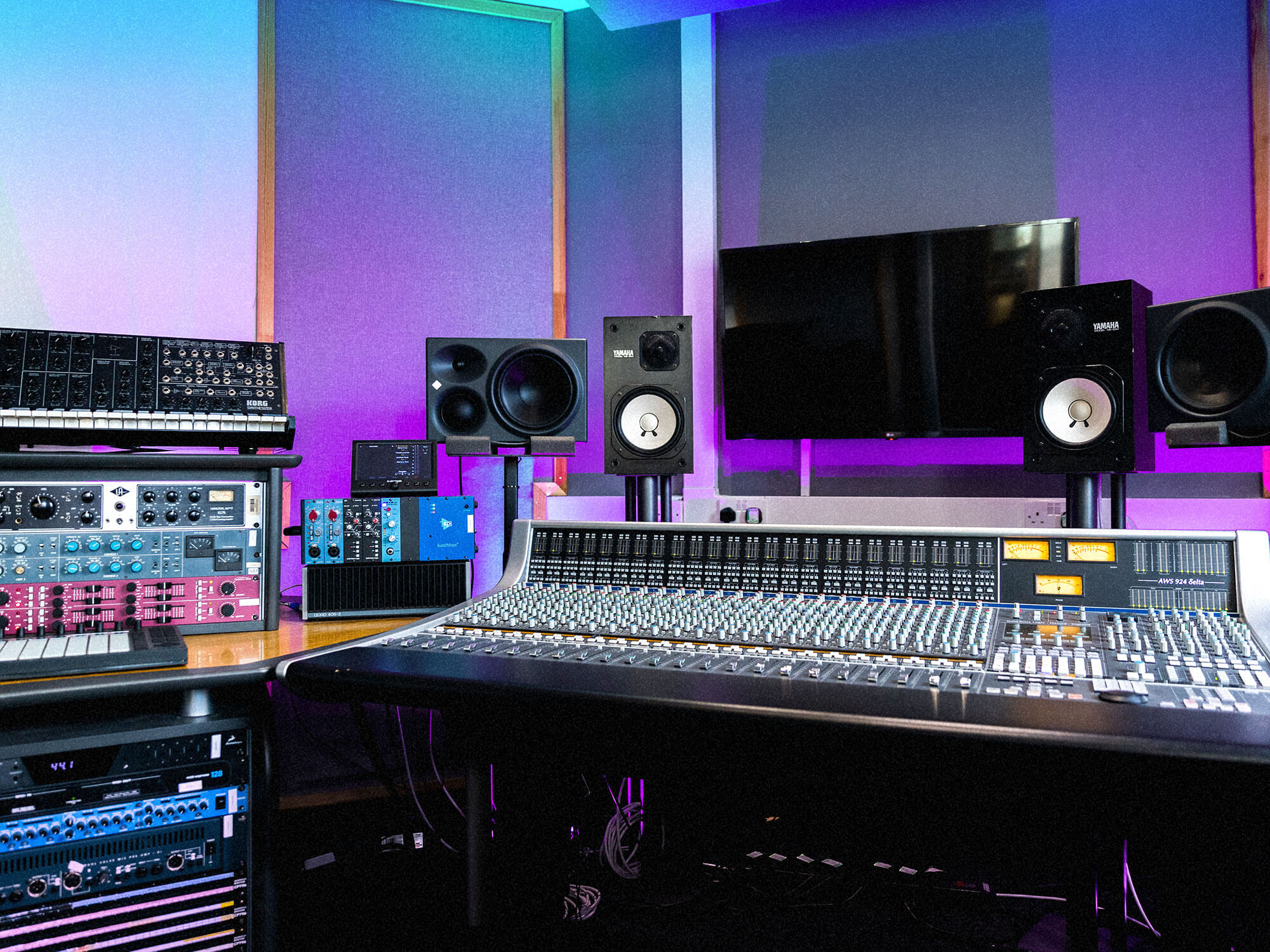
What are your biggest tips for making it in this industry?
Firstly, make and keep good contacts and do not burn any bridges. The people you know now may be the ones who rise to a CEO level and you may seek their assistance later on. With this in mind, it’s useful to create a contact list – in Excel, for instance – with all of the details of the contact. Be sure to include where you met that person.
Secondly, 50 per cent is about your technical knowledge, and the other 50 per cent is about people. If you want to produce a vocal, for example, setting up the signal path isn’t very difficult – but persuading the vocalist to perform at their very best is usually about how you make them feel.
What would you say to anyone considering a course at dBs Institute or just finding a career in the industry?
Be attentive, hard-working and positive in your attitude. If you are going for a role you may not be qualified enough for, your personality can still shine through. It’s a creative industry and nobody wants to be alongside a colleague that doesn’t want to work.
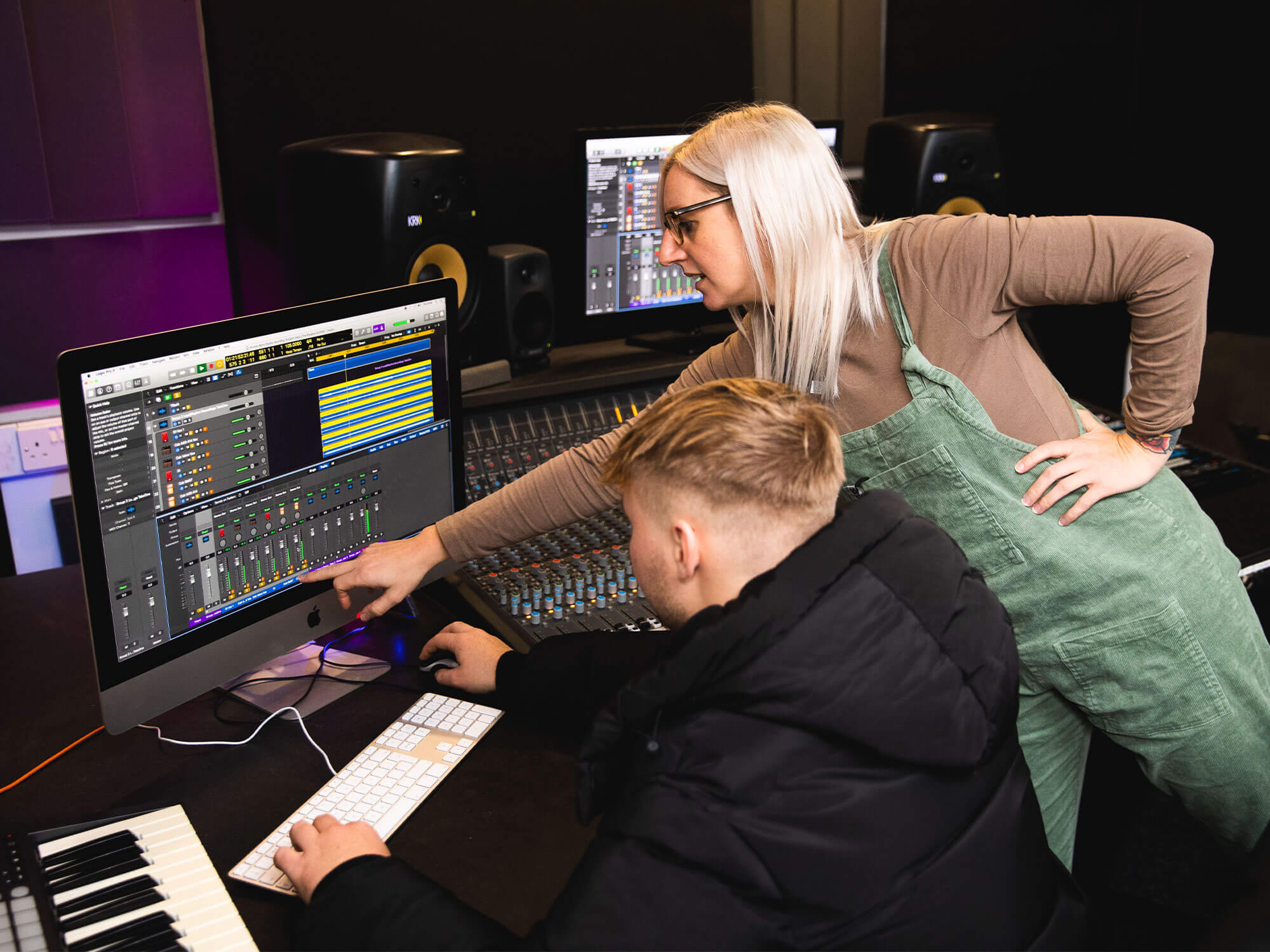
What other resources are available for producers looking to hone their skills at home?
The better you know how to use one or more Digital Audio Workstations, the quicker you can be at operating them. At dBs, you experience Apple Logic Pro, Ableton Live and Avid Pro Tools. It’s important to get a grasp of more than one – this will open more opportunities when looking for roles or collaborations.
The music and music tech industry is tough – how can people stay encouraged to stick at it?
When I started at PWL back in 1987 there were five others but only two made it past the first six weeks; they couldn’t see the point and I’m sure that there are many similar stories.
Yes, it’s likely going to be hard but the more you stay focused on your final goal, the more likely you are going to make it. “Find a job you enjoy doing, and you will never have to work a day in your life,” said Mark Twain.
Find out more at dbsinstitute.ac.uk.
